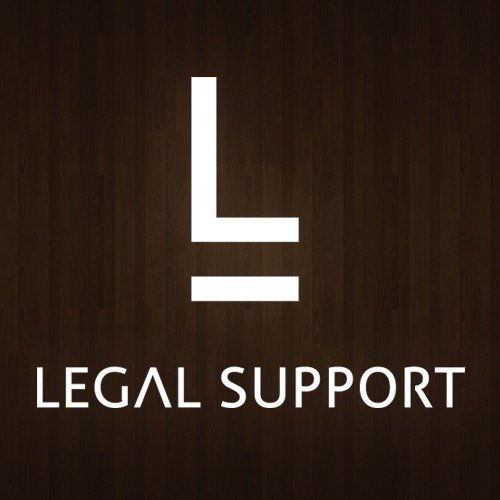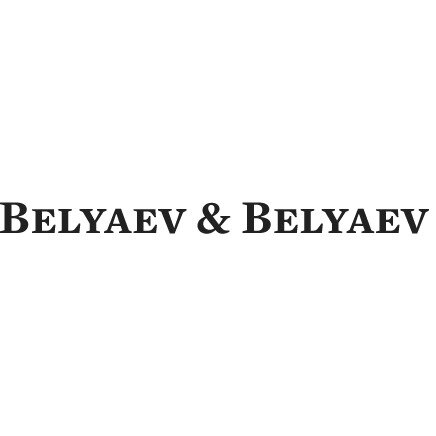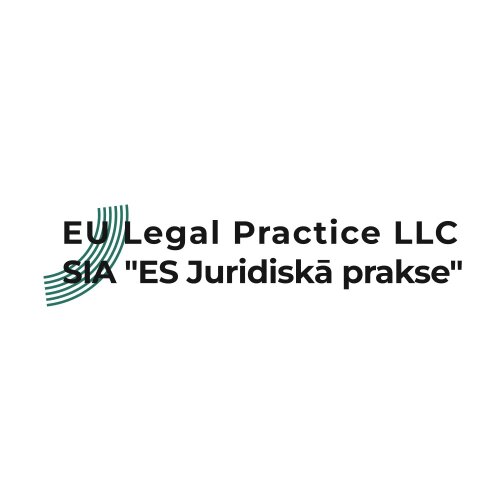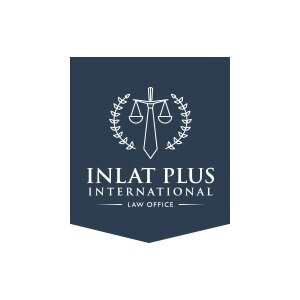Best International Trade Law Lawyers in Riga
Share your needs with us, get contacted by law firms.
Free. Takes 2 min.
List of the best lawyers in Riga, Latvia
About International Trade Law in Riga, Latvia
International Trade Law in Riga, Latvia, involves a complex framework of national regulations, European Union directives, and international treaties. As Latvia is a member of the EU and the World Trade Organization (WTO), its trade laws are influenced by both EU legislation and international standards. The legal landscape in Riga is designed to facilitate smooth trade operations while ensuring compliance with both regional and international trade norms. The city, being Latvia's economic and political hub, is home to many legal professionals specializing in this field, providing essential services to businesses engaged in international trade.
Why You May Need a Lawyer
There are several circumstances in which you might require legal assistance in International Trade Law in Riga:
- Disputes regarding trade agreements or contracts.
- Compliance with Latvia's import and export regulations.
- Navigating customs procedures and requirements.
- International trade financing and insurance issues.
- Negotiations for cross-border trade deals.
- Dealing with trade embargoes or sanctions.
- Intellectual property rights in the context of international trade.
- Resolving taxation issues related to cross-border transactions.
- Addressing anti-dumping and countervailing duties imposed by other countries.
- Protection and enforcement of trade rights and tackling trade barriers.
Local Laws Overview
Latvia has integrated many EU directives into its national legislation, affecting how international trade is conducted. Key aspects of local trade laws relevant to Riga include:
- EU Customs Code: Latvia adheres to the EU customs regulations, which dictate the movement of goods into and out of the EU.
- Free Trade Agreements: Latvia benefits from the EU's numerous FTAs, facilitating reduction of trade barriers.
- Export Controls: The country has specific regulations controlling the export of certain goods, particularly those with dual-use technologies.
- Sanctions Compliance: Latvia enforces EU and UN sanctions, impacting trade with certain countries and entities.
- Trade Remedies: Businesses may encounter anti-dumping duties, countervailing duties, and safeguard measures.
- Intellectual Property: Latvia's legal framework protects IP in trade, crucial for those dealing in brand-sensitive industries.
- Dispute Resolution Mechanisms: Riga offers several forums for resolving trade disputes, including arbitration and litigation.
Frequently Asked Questions
What is the role of a trade lawyer in international transactions?
A trade lawyer assists businesses in structuring transactions to comply with legal requirements, resolve disputes, and optimize trade opportunities. They also help navigate complex legal frameworks applicable in cross-border dealings.
Do I need a lawyer for routine import/export activities?
While routine activities may not always require legal assistance, a lawyer can ensure compliance and prevent potential legal issues, particularly when new regulations or disputes arise.
How does Latvia's EU membership affect its trade laws?
As an EU member, Latvia's trade laws align with EU regulations, offering businesses access to the single market and EU trade agreements with third countries.
What are common trade disputes in Latvia?
Common disputes include contractual disagreements, compliance issues with customs or export controls, and intellectual property violations.
Can a Latvian lawyer assist with EU-wide trade issues?
Yes, Latvian lawyers specializing in international trade are well-equipped to handle EU-wide trade issues due to their understanding of EU laws and regulations.
What should I consider when negotiating international trade contracts?
Key considerations include governing law, dispute resolution methods, compliance with local and international regulations, and protection of intellectual property.
How does Latvia handle trade sanctions?
Latvia enforces EU and UN sanctions rigorously, and businesses must ensure compliance to avoid severe penalties and legal repercussions.
What is the significance of trade finance in international trade?
Trade finance involves financial products and services that facilitate international trade and commerce, essential for managing risks and cash flow.
Is arbitration a viable option for resolving international trade disputes in Riga?
Yes, arbitration is a commonly used method for resolving international trade disputes due to its efficiency and confidentiality.
How are import duties regulated in Latvia?
Import duties are regulated under the EU Customs Code, with duties dependent on the classification and origin of the goods.
Additional Resources
For further information and assistance, consider these resources:
- Latvian Ministry of Economy: Provides updates on trade-related policies and regulations.
- Latvian Chamber of Commerce and Industry: Offers networking resources and trade-related information.
- Euro Info Centre Latvia: Part of the Enterprise Europe Network, providing information on EU regulations and business opportunities.
- WTO Latvia: Insights into Latvia’s commitments and participation in global trade policies.
Next Steps
If you require legal assistance in International Trade Law, consider the following steps:
- Conduct thorough research to understand your specific legal issue.
- Consult with a legal professional specializing in International Trade Law, preferably one with experience in Latvian and EU trade regulations.
- Gather all relevant documentation regarding your trade activities or disputes to facilitate the legal consultation process.
- Consider engaging in preliminary discussions to explore options like mediation or arbitration where applicable.
- Follow any advice or guidance provided by your legal advisor meticulously to ensure compliance and protect your trade interests.
Lawzana helps you find the best lawyers and law firms in Riga through a curated and pre-screened list of qualified legal professionals. Our platform offers rankings and detailed profiles of attorneys and law firms, allowing you to compare based on practice areas, including International Trade Law, experience, and client feedback.
Each profile includes a description of the firm's areas of practice, client reviews, team members and partners, year of establishment, spoken languages, office locations, contact information, social media presence, and any published articles or resources. Most firms on our platform speak English and are experienced in both local and international legal matters.
Get a quote from top-rated law firms in Riga, Latvia — quickly, securely, and without unnecessary hassle.
Disclaimer:
The information provided on this page is for general informational purposes only and does not constitute legal advice. While we strive to ensure the accuracy and relevance of the content, legal information may change over time, and interpretations of the law can vary. You should always consult with a qualified legal professional for advice specific to your situation.
We disclaim all liability for actions taken or not taken based on the content of this page. If you believe any information is incorrect or outdated, please contact us, and we will review and update it where appropriate.

















